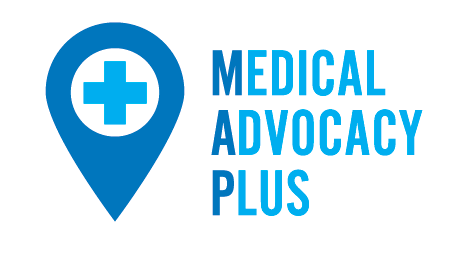
18 Aug What Is The Accuracy of Your Medical Records?
And, why it is important?
Why is it essential to know if your medical records are accurate? Some comments I’ve read or heard from clients:
- I was confused when my doctor asked me about my history of kidney cancer
- I was perplexed when notified to take medication for diabetes.
- I became annoyed when the provider’s office called me by the wrong name
- I was frustrated when I underwent additional tests that were meant for someone else
Why would some of these scenarios occur? Incorrect medical records are one of the strongest possibilities.
Medical records are an essential component of diagnosing and treatment. They are critical to patient health, billing, getting historical insight into a patient’s health, or coordinated treatment and patient referrals. They are the roadmap to your care.
Reviewing your medical records may be more important than you think. Have you ever looked at them after a provider visit, hospital stay, or surgery?
You might want to check your records to be sure they are accurate. Why? Because it can lead to misdiagnosis, delays in treatment, over-testing, confusion of care, denials of care, and possibly even life-threatening. They are the roadmap to your care.
Health literacy is not only understanding the medical terminology and instructions of care but also being able to read your records. For example, I recently read an after-care summary of a client visit, and there were several errors in the progress note. It included a diagnosis she never had, the wrong age, and the wrong contact number. The provider’s office attempted to contact her for further testing, but the patient never received the call due to the incorrect biographical information. There are a dozen possibilities of how this can lead to a medical hazard.
Most providers have turned to electronic medical records, which make it easier for providers to access them from different locations instantly and transfer them to another physician’s medical records. Nonetheless, it can lead to problems such as the mistakes recorded may be replicated. You have the right to your medical records under the Health insurance Portability and Accounting Act (HIPAA). Not only do you have a right to them, you can also have them corrected. Solutions include sending a request to the medical records department, contacting the physician office or writing a letter.
Making phone calls can be frustrating and time-consuming; however, it is crucial for the best quality of care. Patient healthcare advocates can reduce the frustration by providing these time-consuming services vital for your care.
Contact me if you want a free copy of how to correct your medical records or someone to help you navigate these issues.
As your health advocate, I help busy people like yourself navigate the healthcare system professionally and efficiently to free you from worry!
